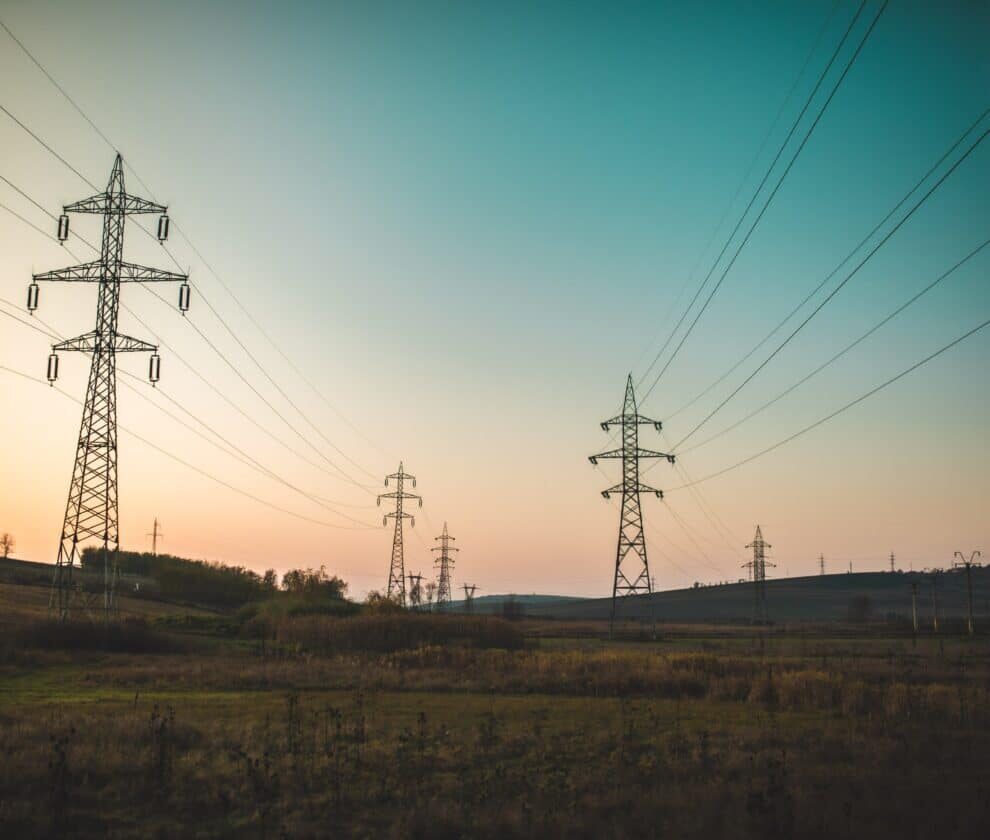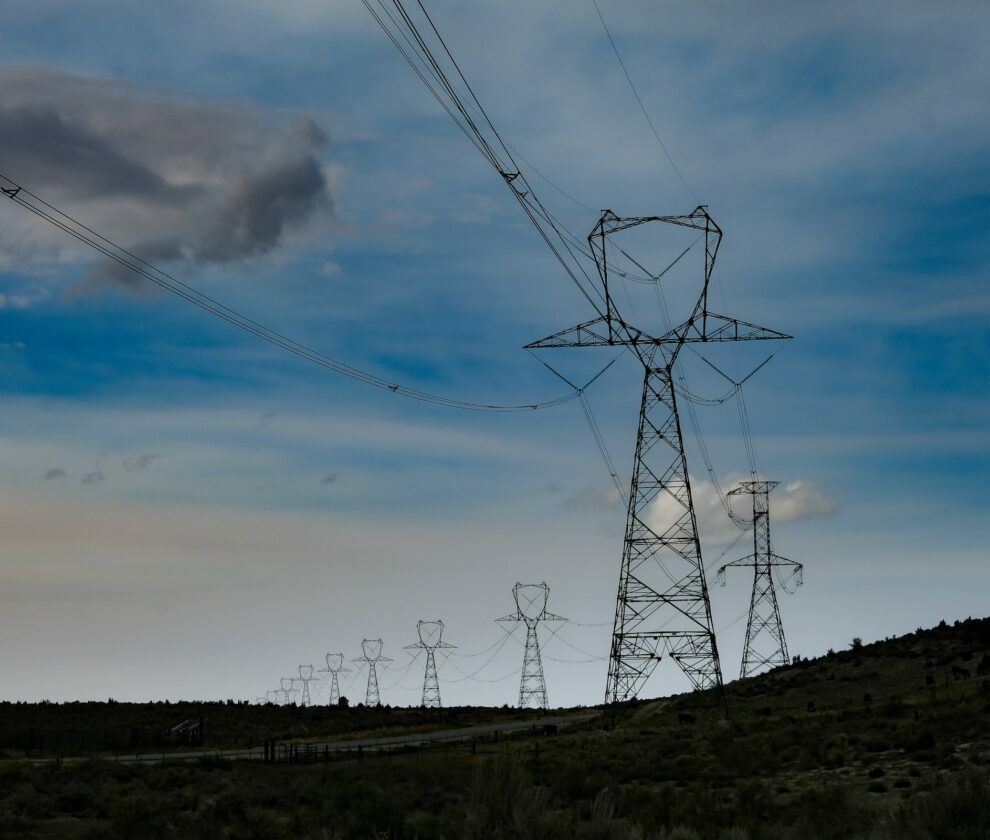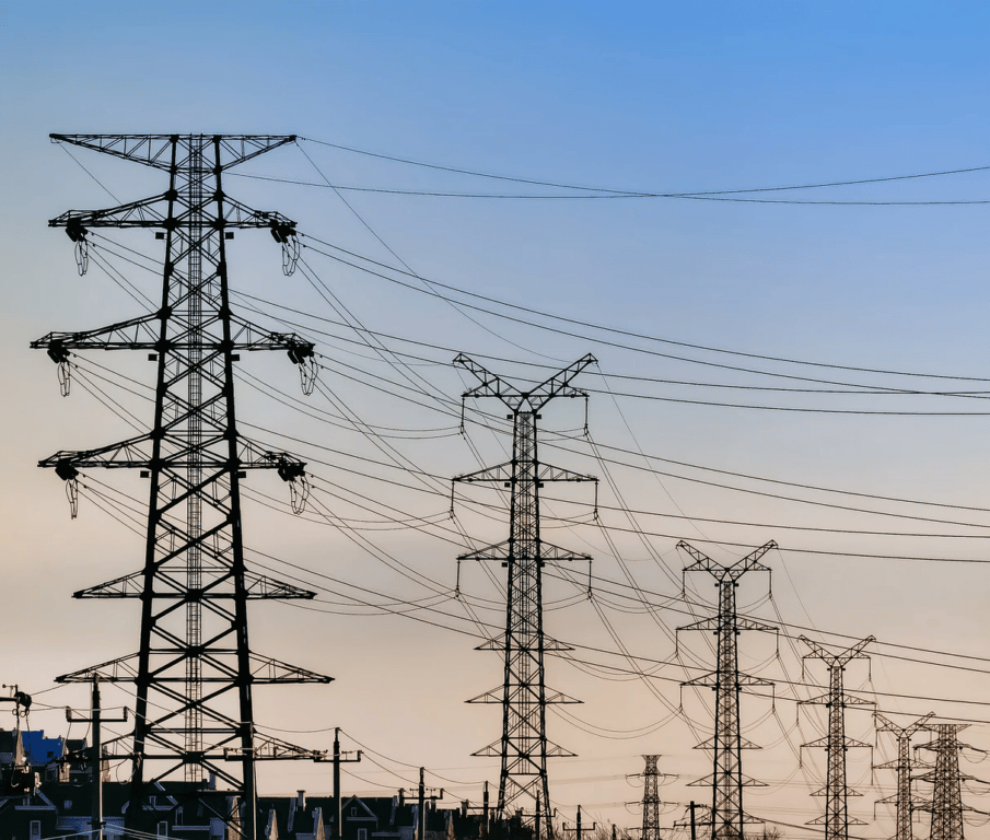November 5, 2025 (Washington, D.C.) –Americans for a Clean Energy Grid (ACEG) released its report Clearing the Path for Power, which details how adopting similar siting and permitting treatment for interstate natural gas pipelines and high-capacity electric transmission lines would eliminate many challenges currently inhibiting the buildout of America’s electricity grid.
This report comes amid bipartisan calls from The Problem Solvers Caucus for consistency between electricity transmission lines and interstate natural gas pipelines, recognizing a need for action to meet record-breaking energy demand.
“Despite both being linear energy infrastructure, the differences in siting and permitting timelines for natural gas pipelines and high voltage transmission lines are stark,” said ACEG Executive Director Christina Hayes. “FERC approves pipelines relatively quickly – 18 months on average. This is shorter than just the average federal environmental review process for an interstate transmission line, in addition to required state and local processes. The United States is currently facing unprecedented energy demand driven by the AI revolution and advanced manufacturing, and we must site, permit, and build more transmission lines fast and efficiently to meet this moment.”
Enacted in 1938, the Natural Gas Act (NGA) delegates authority to regulate interstate natural gas pipelines to the Federal Energy Regulatory Commission (FERC), resulting in a nationwide pipeline system that reliably transports natural gas to consumers at just and reasonable rates.
In contrast, the Federal Power Act granted FERC authority to set rates and perform other functions related to electric transmission, but not authority for siting and permitting. Because of this, the siting and permitting process for electricity transmission lines can involve multiple levels of government, including federal agencies, resulting in decades-long project timelines for essential energy infrastructure.
The new ACEG report highlights how consistency for siting and permitting natural gas pipelines and high-voltage transmission lines would expedite electricity transmission buildout while retaining a significant role for states:
- The NGA places approval authority for pipelines in one agency, with one set of regulatory standards; in contrast, each state has its own siting and permitting requirements for electric transmission, creating a fragmented approval process.
- The NGA sets forth a coordinated process for all federal permits required for a pipeline, led by an agency focused on energy needs. Transmission with a federal nexus may have permitting led by an agency with a public lands focus, leading to less of a priority placed on energy needs.
- The NGA considers regional and national needs, while states generally consider only benefits to their own states when considering electricity transmission buildout.
- The NGA pre-empts state and local actions that may delay or obstruct pipeline construction, while retaining a supporting role for states.
- The NGA establishes a streamlined appellate process that applies to all federal permits required for a pipeline. State laws concerning how and when to challenge a siting or permitting decision for electricity transmission vary, creating a fractured appellate timeline that can delay development and increase costs.
“For nine decades, the NGA has proven that a centralized, predictable regulatory process is the key to developing reliable, linear energy infrastructure,” said Hayes. “As energy demand skyrockets, our aging electricity grid is struggling to keep up. America can’t afford to wait years or even decades to site essential transmission lines under the current process. We must modernize our electricity transmission siting process by adopting the time-tested framework of the NGA.”
###
About Americans for a Clean Energy Grid:
Americans for a Clean Energy Grid (ACEG) is a non-profit, broad-based public interest advocacy coalition focused on the need to expand, integrate, and modernize the North American high-capacity grid. ACEG brings together a diverse coalition — including business, labor, consumer, environmental groups, and other transmission supporters — to advocate for policies that recognize the benefits of a robust transmission grid.
Media Contact:
Allison Miller, Communications Consultant
allison@lotsixteen.com | 805-556-5344




